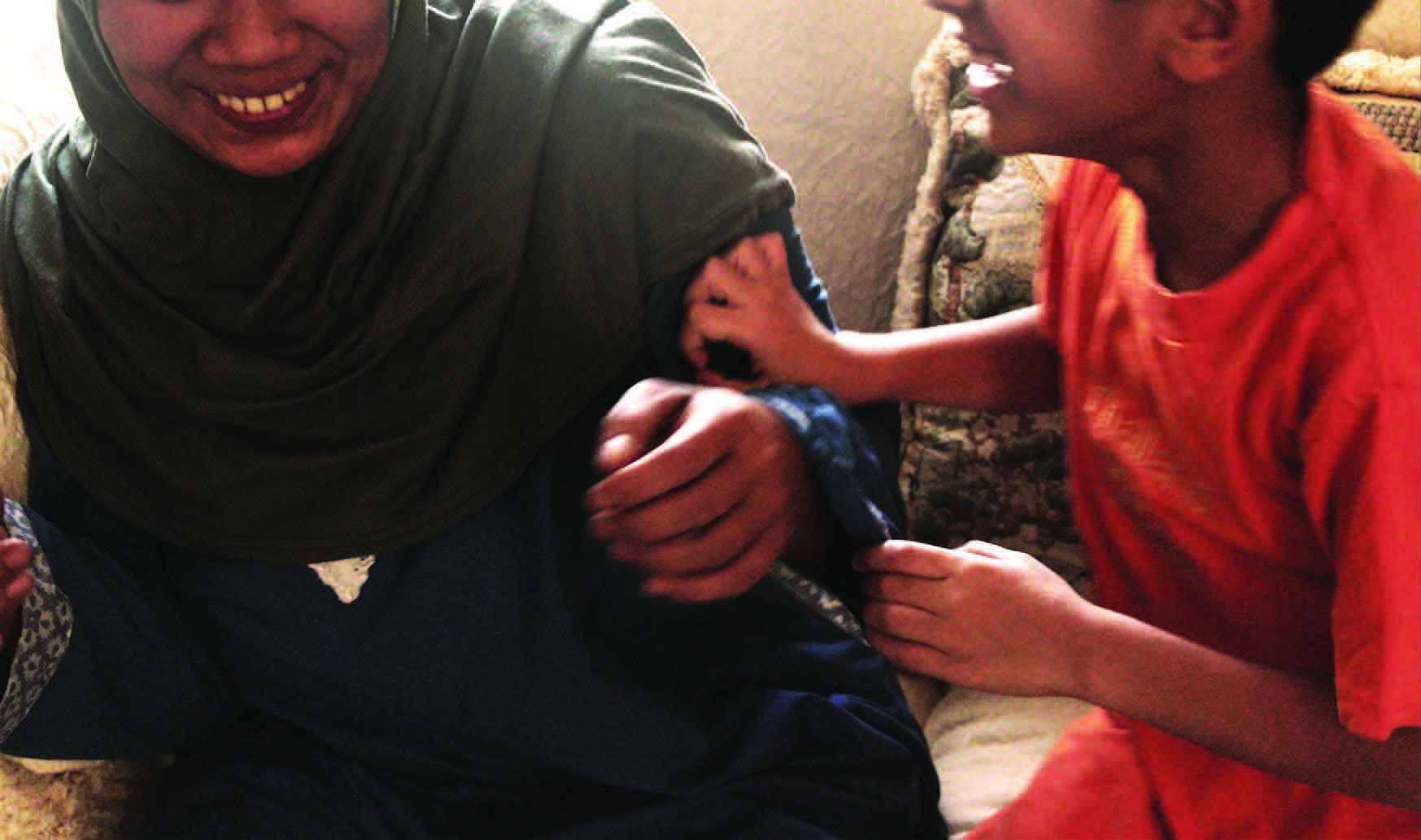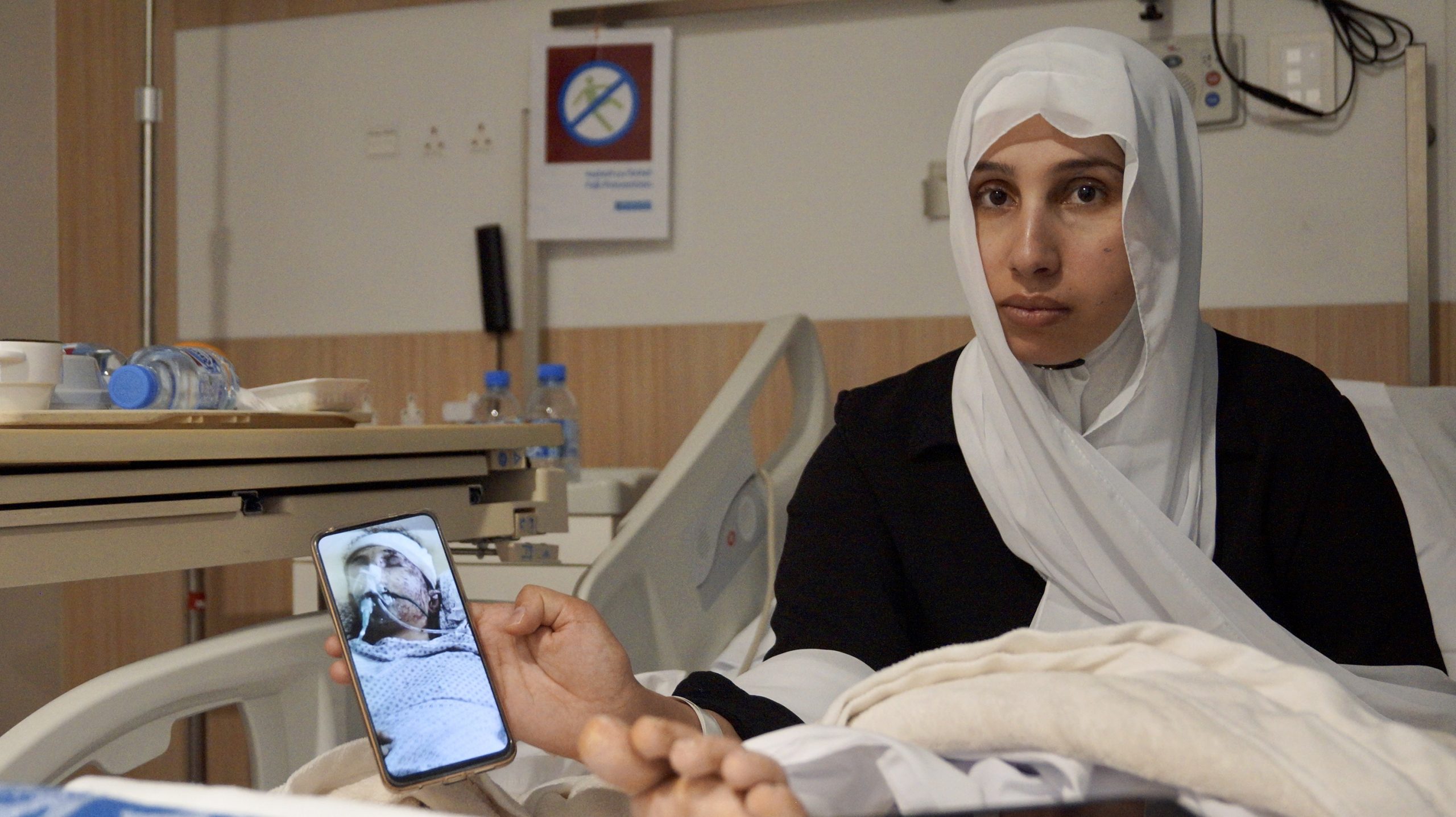
Qatar resident Mohanalakshmi Rajakumar, PhD, wrote a novel about compound life in an unnamed Arabian Gulf country that recently became available in paperback. In a blog post announcing the book’s release, she described the process of conducting background research on housemaids.
She draws on that reflection in this opinion piece, by sharing the story of one woman whose experience in Qatar highlights the cracks in the system. She has left out any mention of nationality in this case study to underscore how commonplace these conditions can be, both for maids and their employers.
In March 2014, my book Love Comes Later was banned from distribution in Qatar, the country in which the novel is set. Most of my friends, expat and local, were surprised that love was considered a censor-worthy subject.
This next book, The Dohmestics, makes no mention of Qatar and instead, relies on vague references to an unnamed country in the Arabian Gulf. This is in part so that readers in Doha can get ahold of it, but also because the treatment of maids is so similarly dismal across the Middle East, and even Asia.
Before writing this book, I wanted to conduct research and collect information beyond the did-you-hear-about-the-maid-who urban legends that women exchange at coffee mornings.

But interviewing maids – even those who worked for my friends – was difficult. Even if the employer was willing, often the maid herself was unused to the idea of speaking her mind.
Persisting, and following one introduction to another, led to the underbelly of domestic labor: women who had left their employers because they had no recourse for their mistreatment.
One particular woman, we will call her Padma, had a complicated story that human rights groups would say is not unusual.
Padma was a career housemaid – she had worked in Saudi Arabia, Oman and Dubai. She came to Qatar through an agency and was placed with a sponsor she really liked.
Rift
The problem was that on the weekends, her sponsor would send her to homes in the extended family. She did not have much down time, nor did she receive any extra pay.
Additionally, members of the extended family did not get along as well with Padma as her sponsor did. Nor did they feed her if her sponsor was traveling.
Padma spoke with the sponsor. She asked to only work for the original house. The sponsor explained it was awkward for her to say no to her brother, whose house Padma worked in during the weekends.
They called Padma’s manpower agency, but there was nothing anyone could do because the probationary period of three months had expired. Padma and her sponsor were stuck with each other.
She then called her embassy – but again, no offer of help because it had been more than three months.
Running out of options, exhausted, and tired of being fed rotten bread, Padma walked out of the house one day while the rest of the family was upstairs.
She left all her belongings, including her passport, and over the next two years worked for a series of families who didn’t mind employing an undocumented maid.
Twice, she gave considerable amounts of money to middle men who promised they could get her passport back from the sponsor and process a new visa. Neither came through – and she did not get her money back.
Going home
Her ailing mother’s health and the pressures of having an unmarried daughter finally convinced Padma to go home. Having overstayed her visa and broken ties with her sponsor, the path to exiting would not be easy.
Ironically, however, she was in some ways better than most others: she owed no money, had no pending court cases and was leaving with a small sum of savings.
Last month, Padma procured an airline ticket – hard to come by at the tune of thousands of riyals – and went with her luggage to her embassy in Doha.
But Padma had a big problem – in the eyes of the law, she was a runaway worker. Yes, for some reason, we use the word “runaway” to describe a grown woman who has no other recourse to end her employment.
So officials at the embassy turned her over to the criminal investigation department. She was then held in a facility with hundreds of other women, some of whom had been there for a month, others for three.

In a call from a borrowed phone, she said all of the women were default fasting because no one was being given food during daylight hours in Ramadan.
And despite being a women’s area, there were no sanitary supplies. Anything you received, you had to get from someone on the outside.
We assembled a care package for her, the contents what you might take your daughter’s college dorm room: peanut butter, bread, jam, Kotex, chocolate, laundry detergent.
“I am not a housemaid,” I said enunciating the vowels for the embassy official who had missed my American dress, accent and husband. “I am here for a friend.”
Looking forward
The agony of not knowing if she would be allowed to leave led to daily anguished phone calls.
When a friend who tried to visit her at the detention facility relayed to us that she was scheduled to leave the next day, everyone held their breath.
We couldn’t verify if this was true and we didn’t want to raise her fragile hopes. She didn’t know she was being released until a few hours before her trip to the airport.
However, Padma was not ignorant of her good fortune: perhaps because of her advocates, she was detained for only a week and a half – a split second compared to many of the others who have been there for months.
Others are much worse off. They are waiting on sponsors to pay fines for having a runaway (that word again), waiting for family to raise money to bring them home or waiting for a miracle to clear their debts.
“That’s the place people take their maids when they want to punish them,” a friend told me. “If they don’t want them any more, they leave them there.”
Qatar has pledged to improve labor conditions for workers in the coming months. But what about domestic help, who are not covered under the law?
In many cases, their stories are worse than fiction.
Thoughts?







